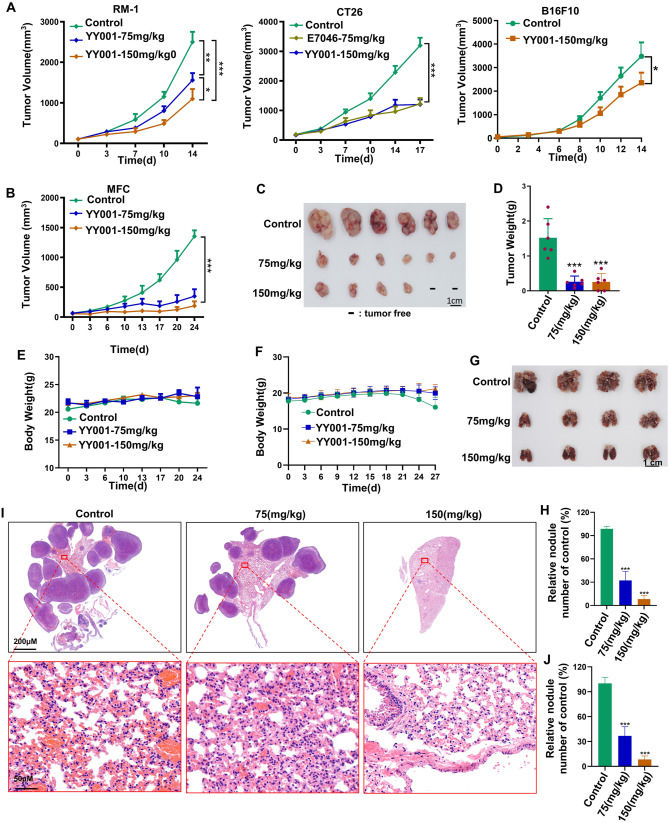
Remodeling the immune microenvironment for gastric cancer therapy through antagonism of prostaglandin E2 receptor 4


Gastric cancer is highly prevalent among digestive tract tumors. Due to the intricate nature of the gastric cancer immune microenvironment, there is currently no effective treatment available for advanced gastric cancer. However, there is promising potential for immunotherapy targeting the prostaglandin E2 receptor subtype 4 (EP4) in gastric cancer. In our previous study, we identified a novel small molecule EP4 receptor antagonist called YY001. Treatment with YY001 alone demonstrated a significant reduction in gastric cancer growth and inhibited tumor metastasis to the lungs in a mouse model. Furthermore, administration of YY001 stimulated a robust immune response within the tumor microenvironment, characterized by increased infiltration of antigen-presenting cells, T cells, and M1 macrophages. Additionally, our research revealed that YY001 exhibited remarkable synergistic effects when combined with the PD-1 antibody and the clinically targeted drug apatinib, rather than fluorouracil. These findings suggest that YY001 holds great promise as a potential therapeutic strategy for gastric cancer, whether used as a standalone treatment or in combination with other drugs.
